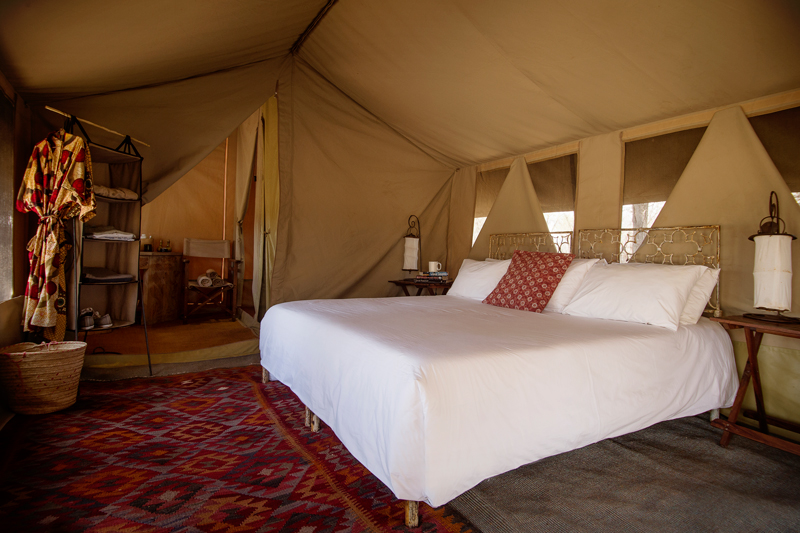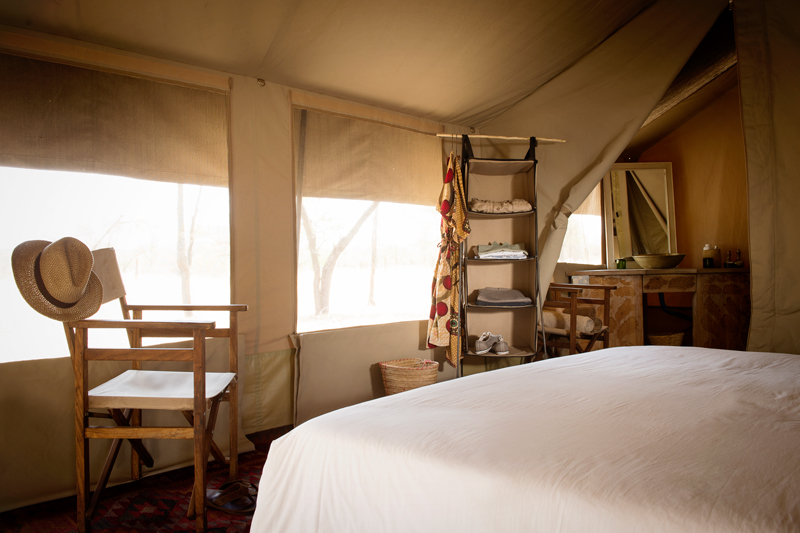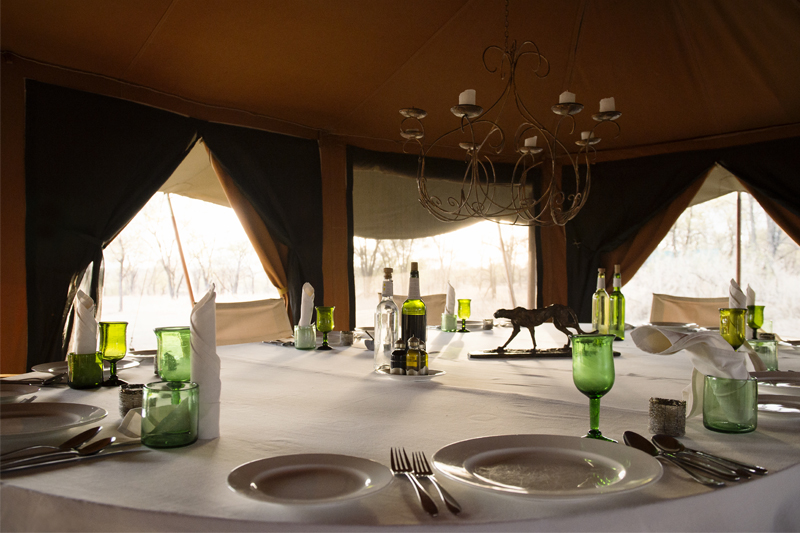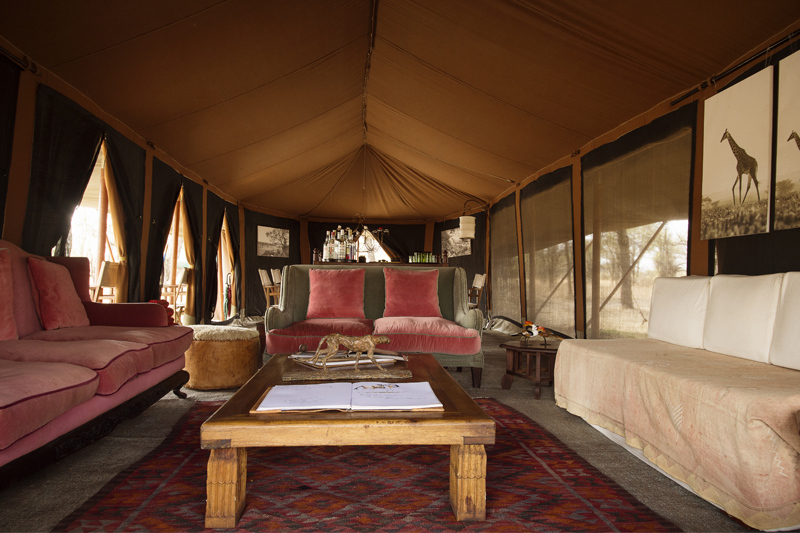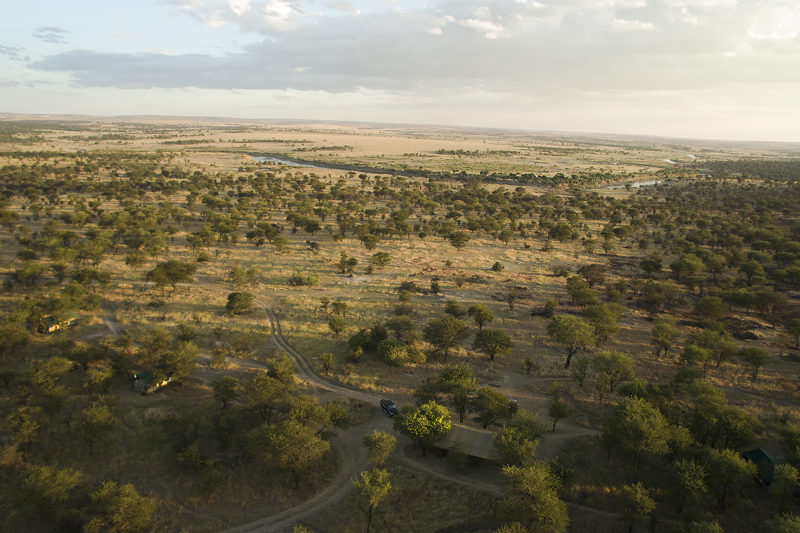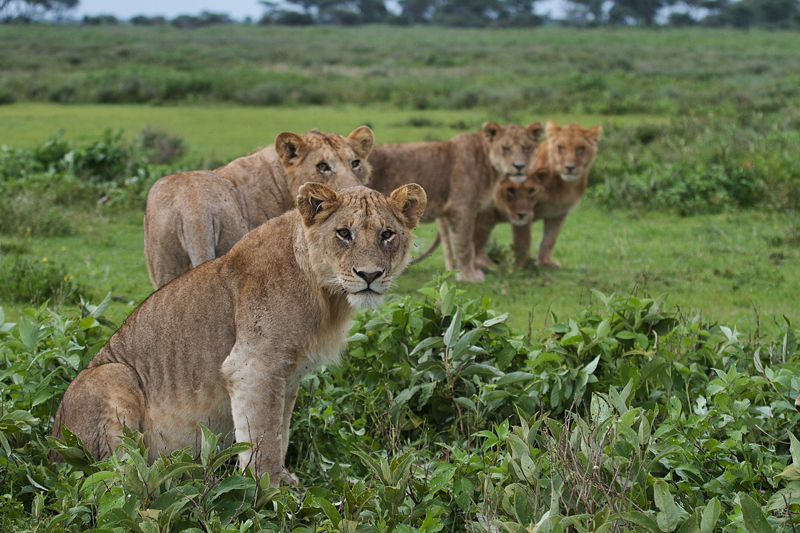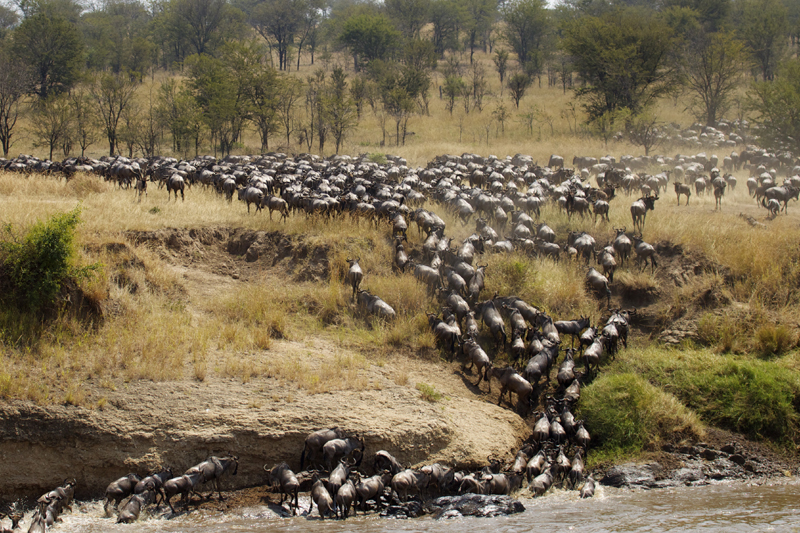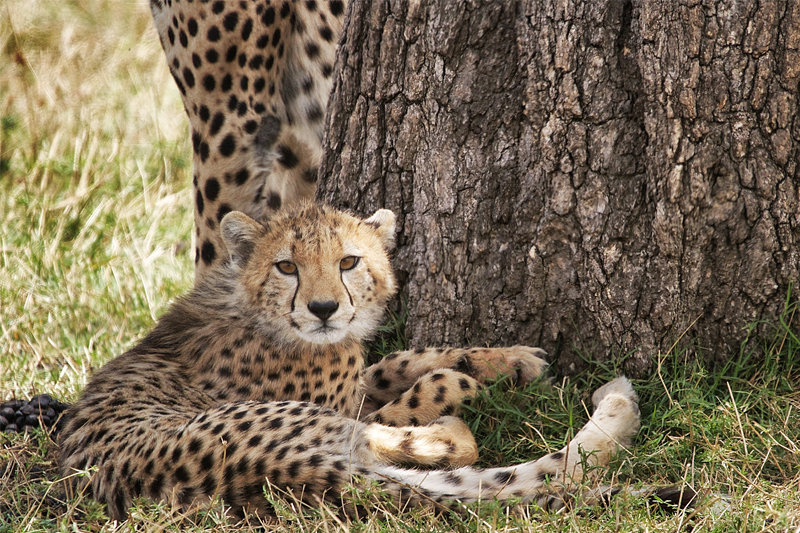Serian’s Serengeti Kusini
Serian’s Serengeti Kusini is a seasonal tented camp which locates itself on the western edge of the vast southern Serengeti plains between december and march.
Serian’s Serengeti Kusini is a traditional seasonal tented camp offering an upmarket and old school hosting experience which is getting harder to find these days. The camp is owned by safari guide Alex Walker, and either Alex himself or one of his management team are always in camp to host guests. Although technically quite mobile and offering a close to nature bush experience, the camp is very comfortable and there is an air of quiet quality about everything from the details of the accommodation to the food and service. The guiding is always good and it is great that each set of clients automatically get their own private vehicle and guide for flexible activities. The location of the camp at Kusini allows exploration of the southern short grass plains, without staying in the very busy Ndutu region and therefore allowing a little extra exclusivity.
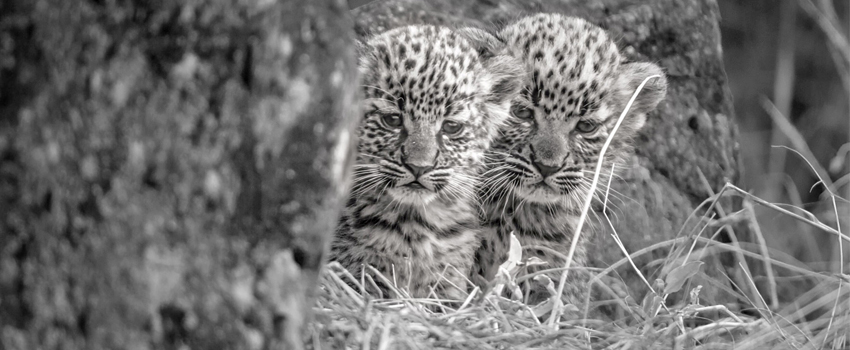
ACCOMMODATION
Accommodation consists of five elegantly furnished traditional Meru-style safari tents, including one family suite. Each tent has en suite facilities (including a flush toilet, plumbed basin…
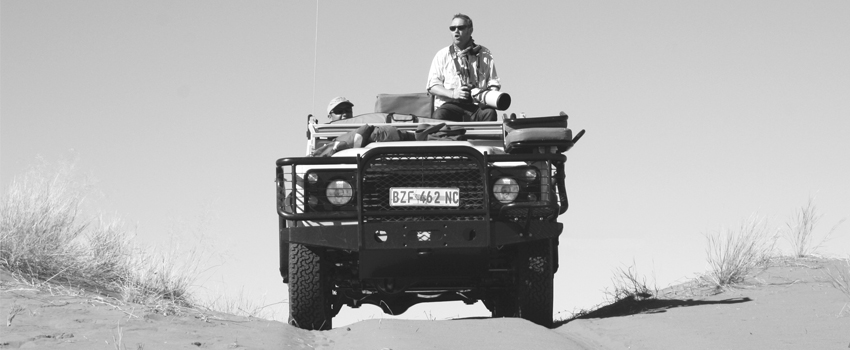
AREA & ACTIVITIES
With an area of some 14,000 sq. km, Serengeti is probably the best-known wildlife sanctuary in the world. The ecosystem includes the National Park itself, the Ngorongoro Conservation Area…
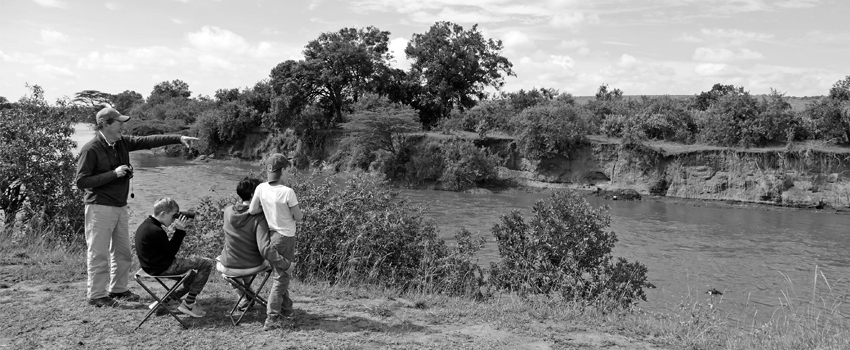
Families
The camp is very suitable for families looking for an exclusive tented bush adventure. The family tents are great, though the sleeping areas are not internally linked so it is best if the children are old enough to be happy…
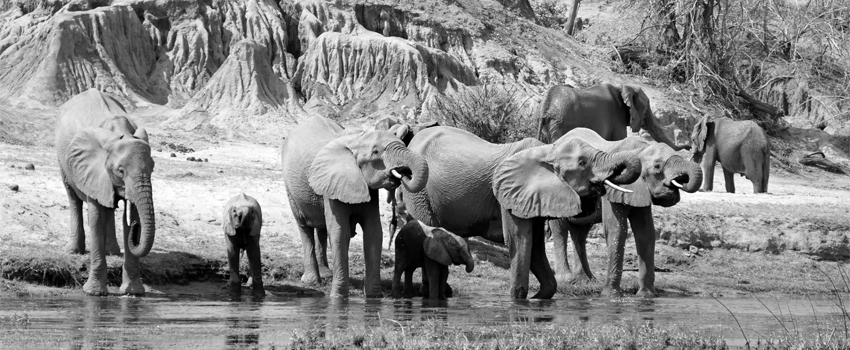
Conservation & community
Serian offers employment and job opportunities for rural communities. 80% of their staff are from the local communities where they offer apprenticeship programmes. Any given member of staff…
| Location | Kusini (Southern Serengeti) |
| Access | Scheduled or Charter flight into Serengeti South or Lamai |
| Open | December to March |
| Pricing | £££££ |
| Camp Style | Tented camp |
| Focus | Big game / Migration experience |
| Children | No age restriction |
| Activities | Game drives by day / Guided walks / Fly-camping |
| Vehicles | Open |
| Maximum Guests on Vehicle | 5 |
| Private Vehicle Options | Yes (included as standard) |
| Off-road Driving | No |
| Number of Rooms | 5 tents (including a family suite) |
| Family Accommodation | 1 two bedroomed family suite |
| Bathroom | Flush toilet / Plumbed basin / Bucket shower |
| Power for charging | In room |
| Lighting | Solar / Generator |
| Hairdryer | Not possible |
| Heating/Cooling | No |
| Room Safe | No |
| Laundry Service | Complimentary |
| Communication in room | Whistle |
| Wi-Fi | No |
| Mobile Reception | No |
| Swimming | No |
| Wellness | No |
| Dining Style | Communal |
| Drinks Included | House drinks |
| Credit Cards | Not accepted |


